Haworthia cuspidata, commonly known as Star Window Plant, is a succulent that belongs to the Asphodelaceae family. These plants are relatively easy to care for, but they do have specific requirements to thrive. Here are some general guidelines for taking care of Haworthia cuspidata:
- Light:
- Haworthias prefer bright, indirect light. They can tolerate some direct sunlight, but too much can lead to sunburn or brown spots on the leaves. A south or west-facing windowsill is often suitable.
- Temperature:
- Keep your Haworthia in a warm environment. They prefer temperatures between 65°F to 80°F (18°C to 27°C) during the day and no lower than 50°F (10°C) at night.
- Soil:
- Use a well-draining succulent or cactus mix for planting. Good drainage is crucial to prevent overwatering issues.
- Watering:
- Allow the soil to dry out completely between waterings. Water sparingly, and be cautious not to let the plant sit in water, as this can lead to root rot. During the growing season (spring and summer), water more frequently, but still allow the soil to dry out.
- Humidity:
- Haworthias are adapted to arid conditions and don’t require high humidity. Normal indoor humidity levels are typically sufficient.
- Container:
- Plant your Haworthia in a shallow pot with drainage holes to ensure proper drainage. The shallow root system doesn’t require a deep container.
- Fertilization:
- During the growing season (spring and summer), you can fertilize the plant with a diluted, balanced succulent fertilizer. Reduce or eliminate fertilization during the fall and winter when the plant is not actively growing.
- Pruning:
- Trim off any dead or dried leaves at the base using clean, sharp scissors or pruning shears.
- Propagation:
- Haworthias can be propagated through offsets (pups) that grow at the base of the plant. Allow the offsets to reach a reasonable size before gently separating them from the main plant and planting them in their own containers.
- Pests and Diseases:
- Keep an eye out for common succulent pests like mealybugs and spider mites. If you notice any pests, treat them promptly with insecticidal soap or neem oil.
Only logged in customers who have purchased this product may leave a review.
 P27 - Sedeveria Letizia
1 × $4.99
P27 - Sedeveria Letizia
1 × $4.99  BOX-012-A-RP : Smile Pot (Assembled + Plant)
1 × $25.00
BOX-012-A-RP : Smile Pot (Assembled + Plant)
1 × $25.00 
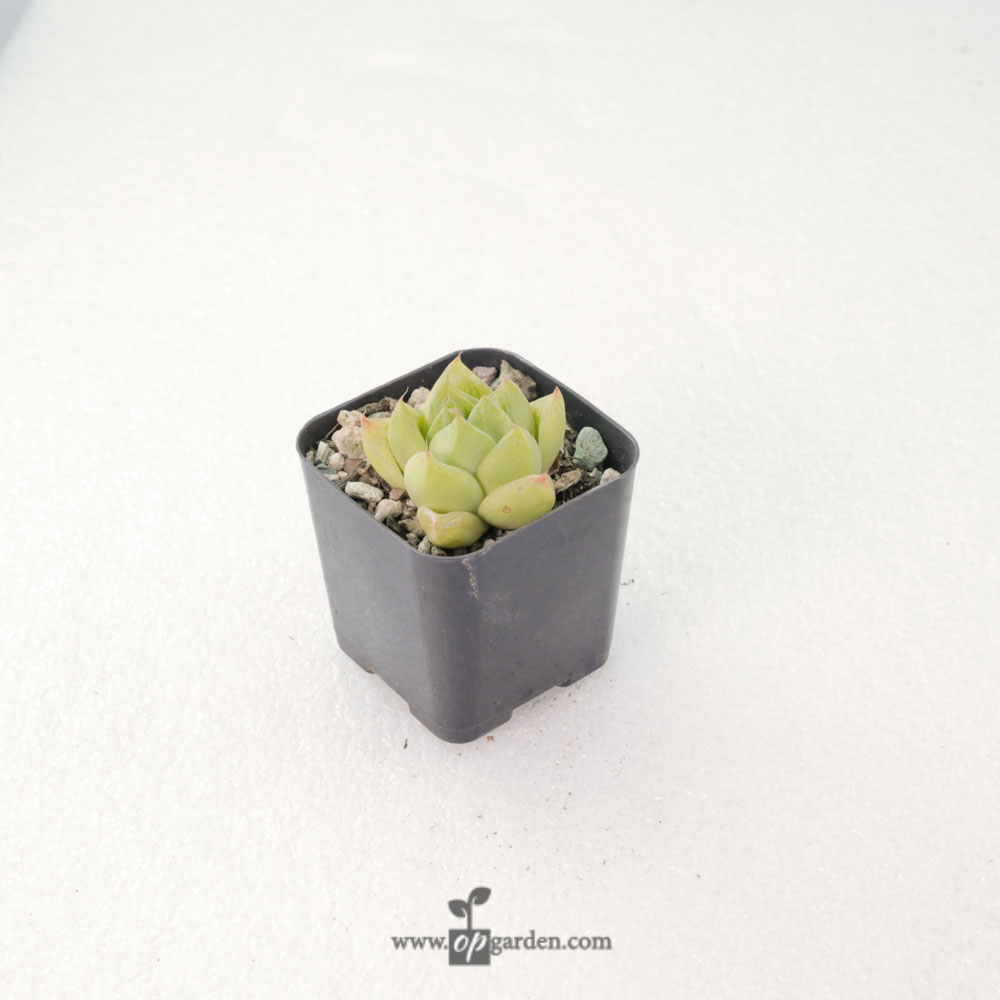
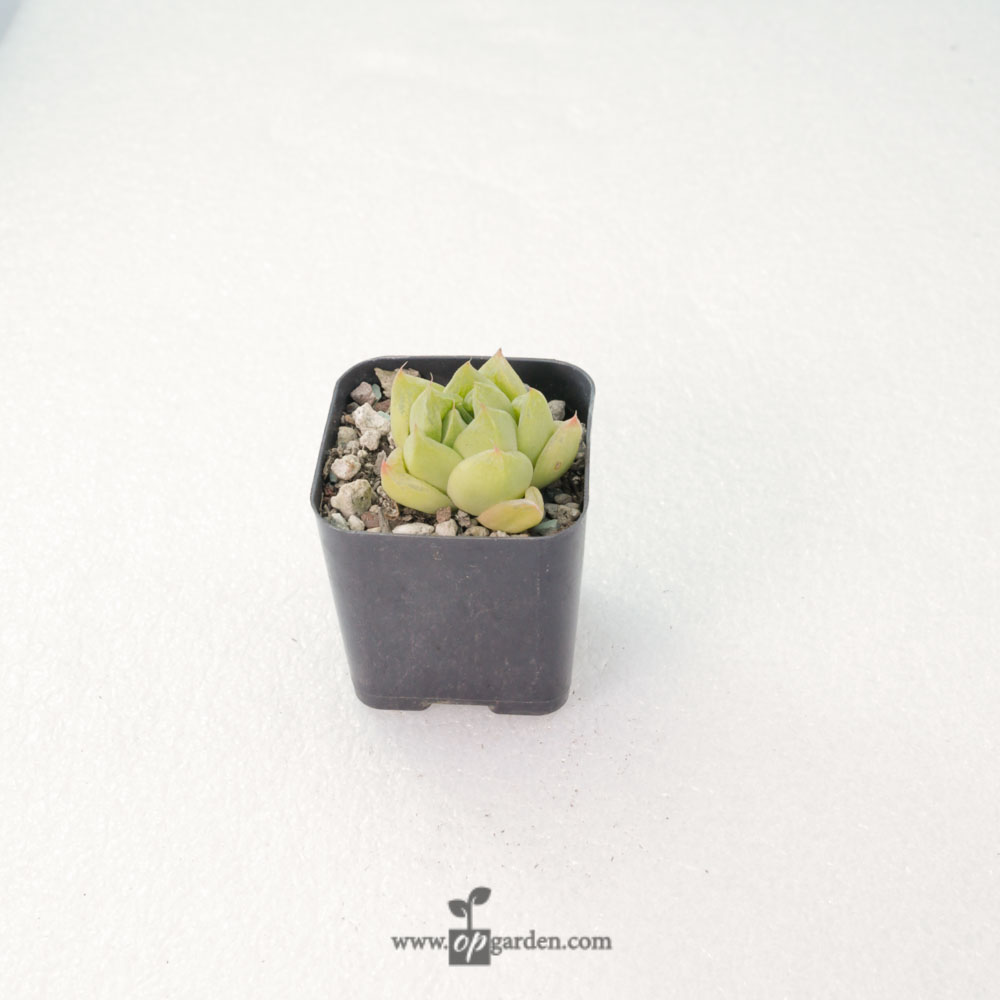
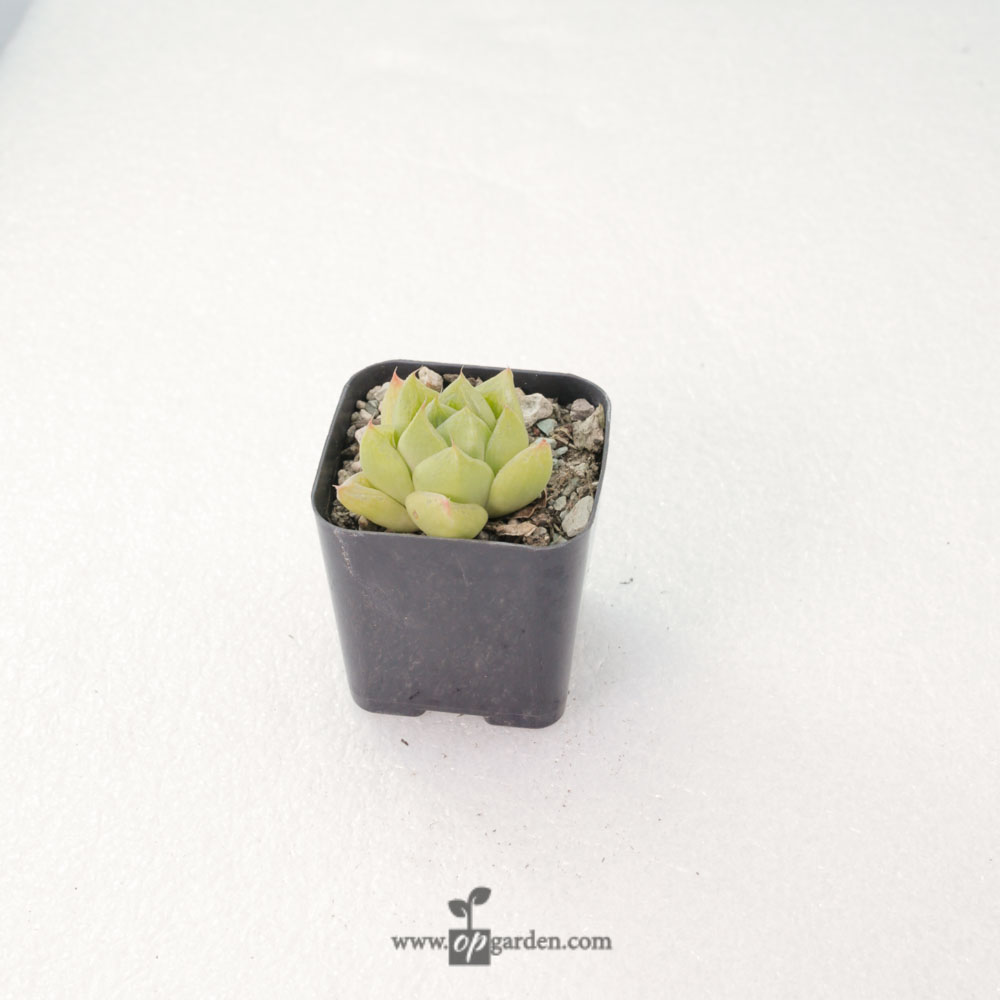



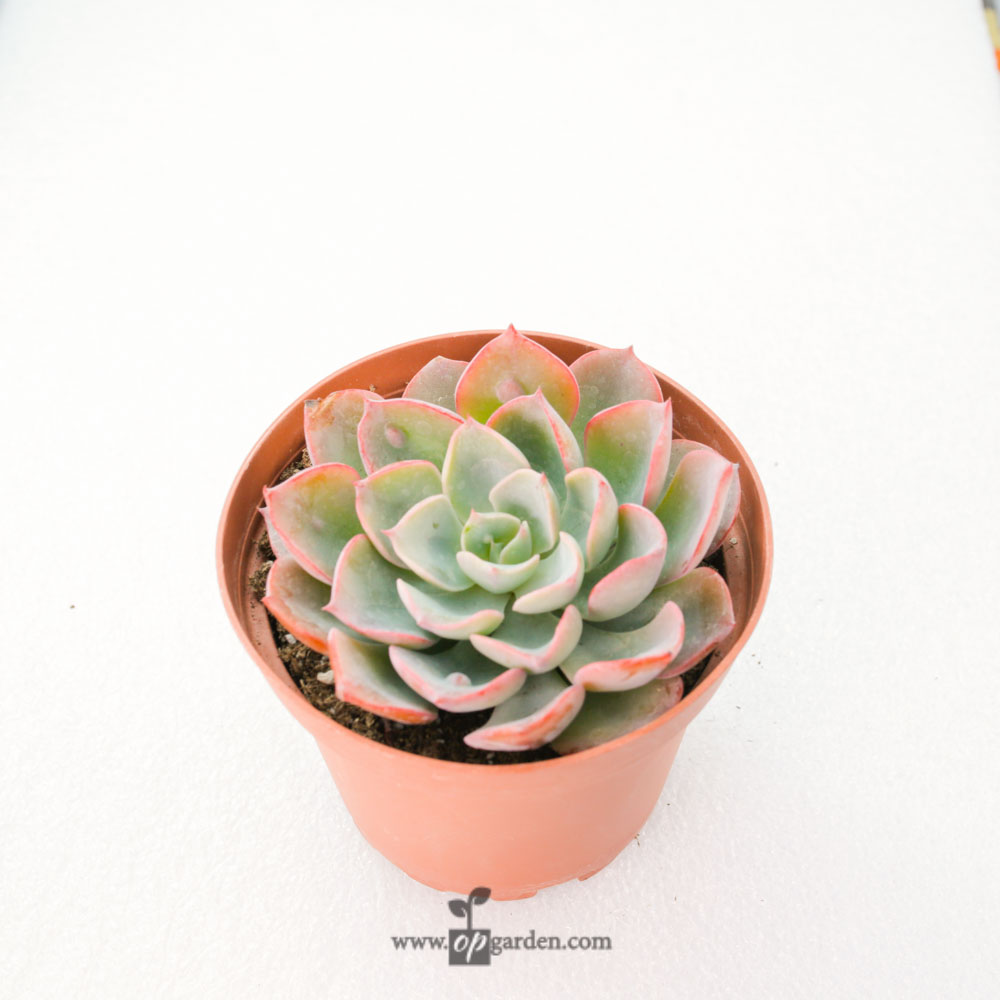
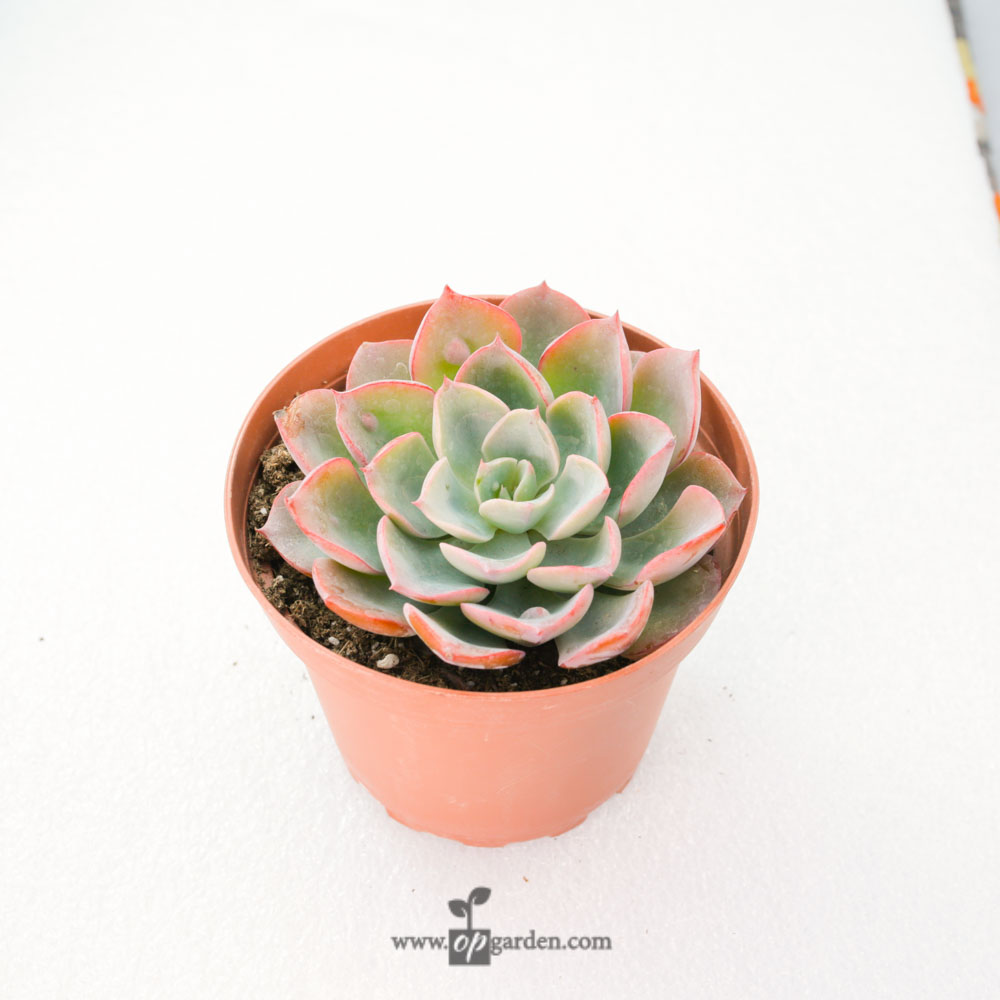
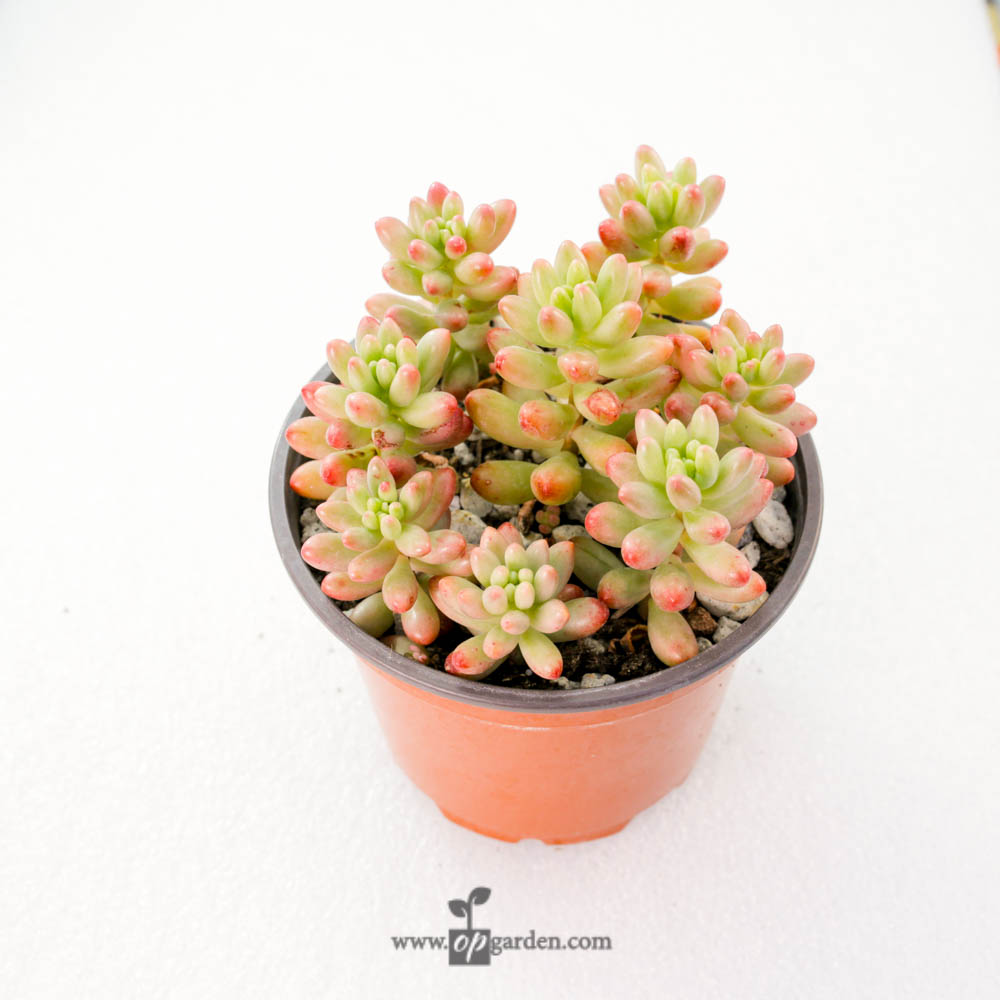
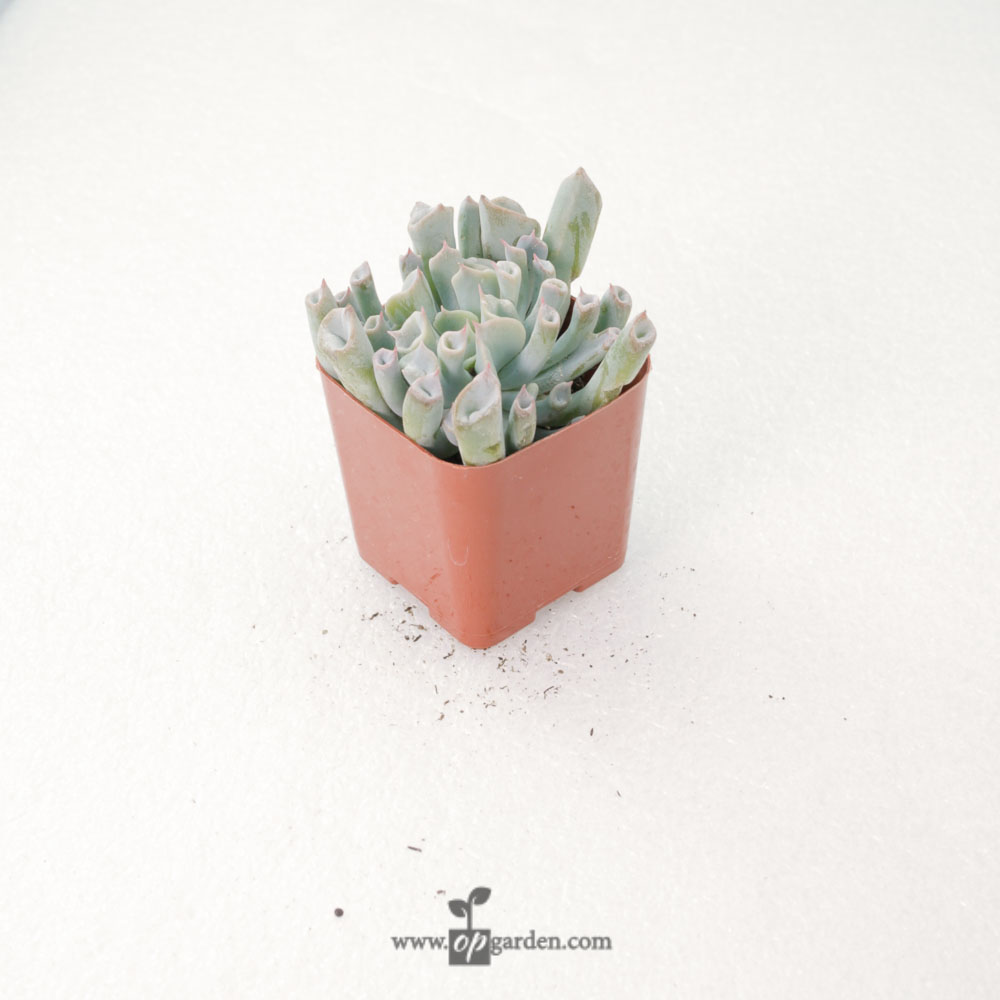
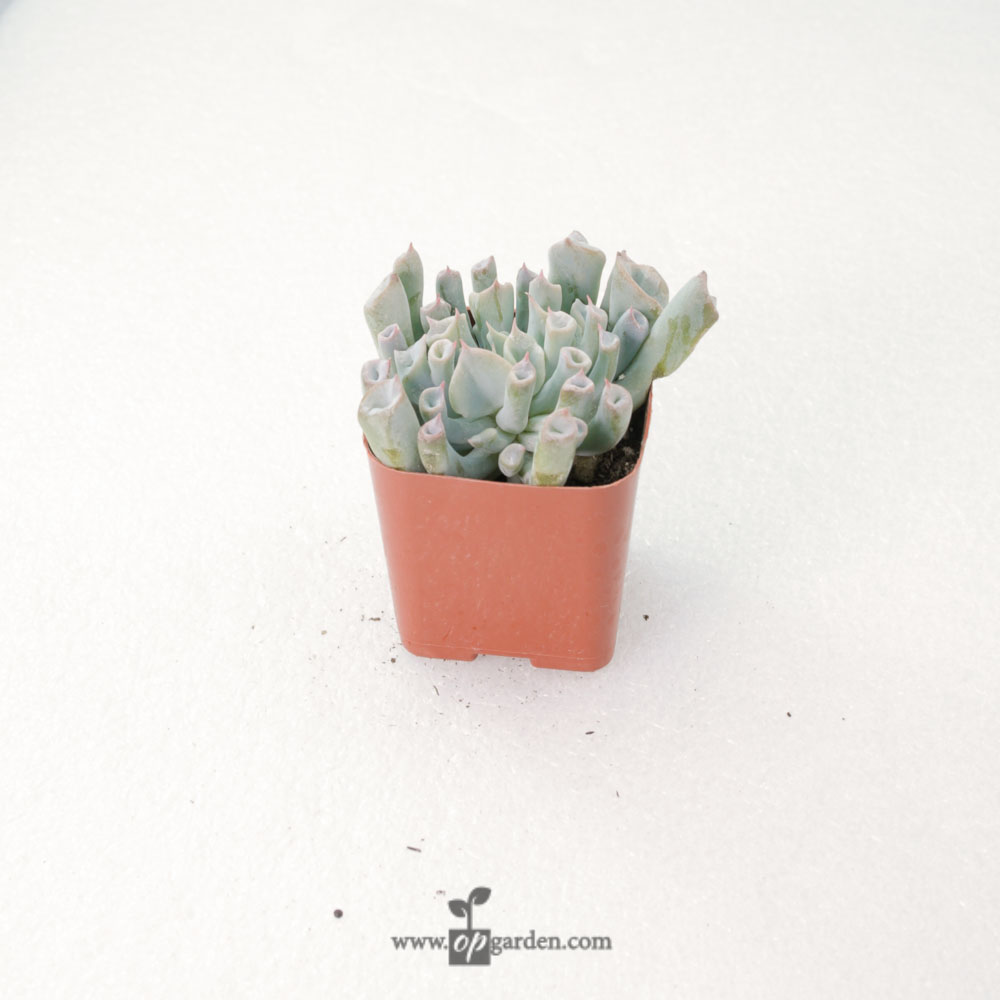
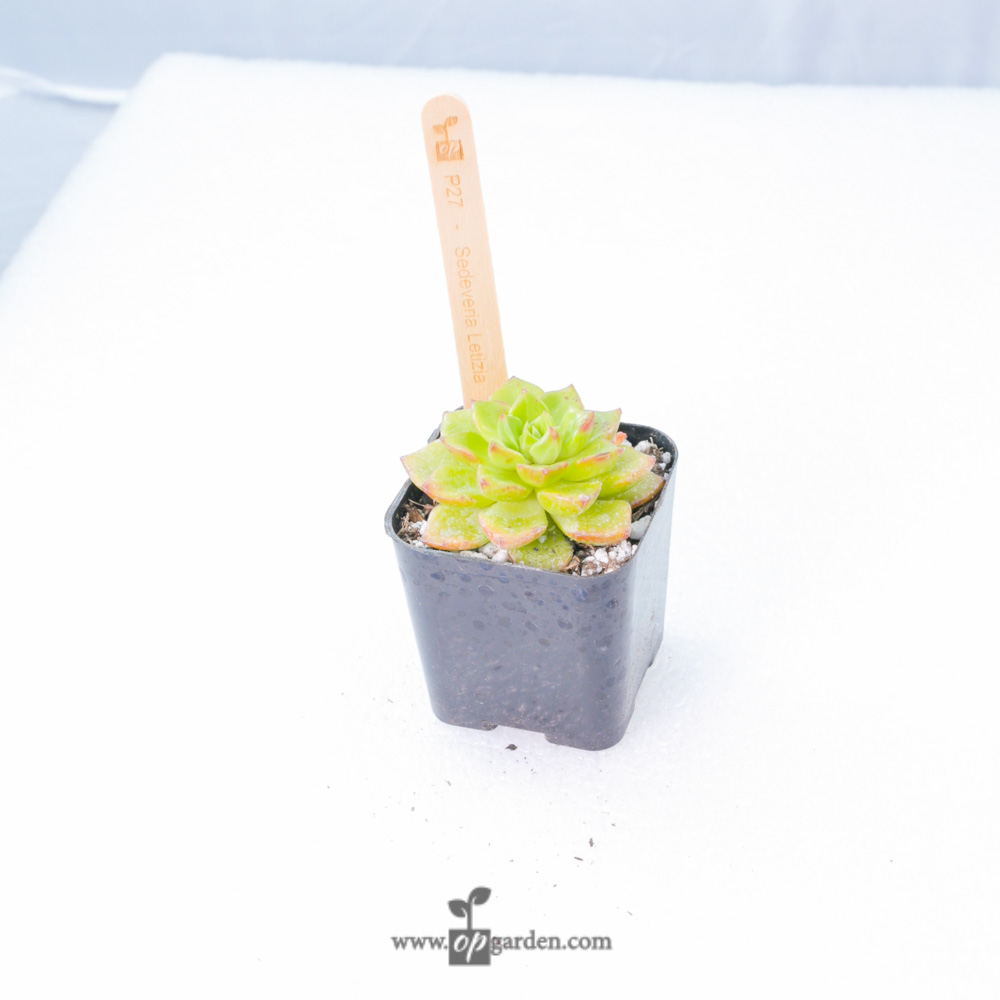
Reviews
There are no reviews yet.